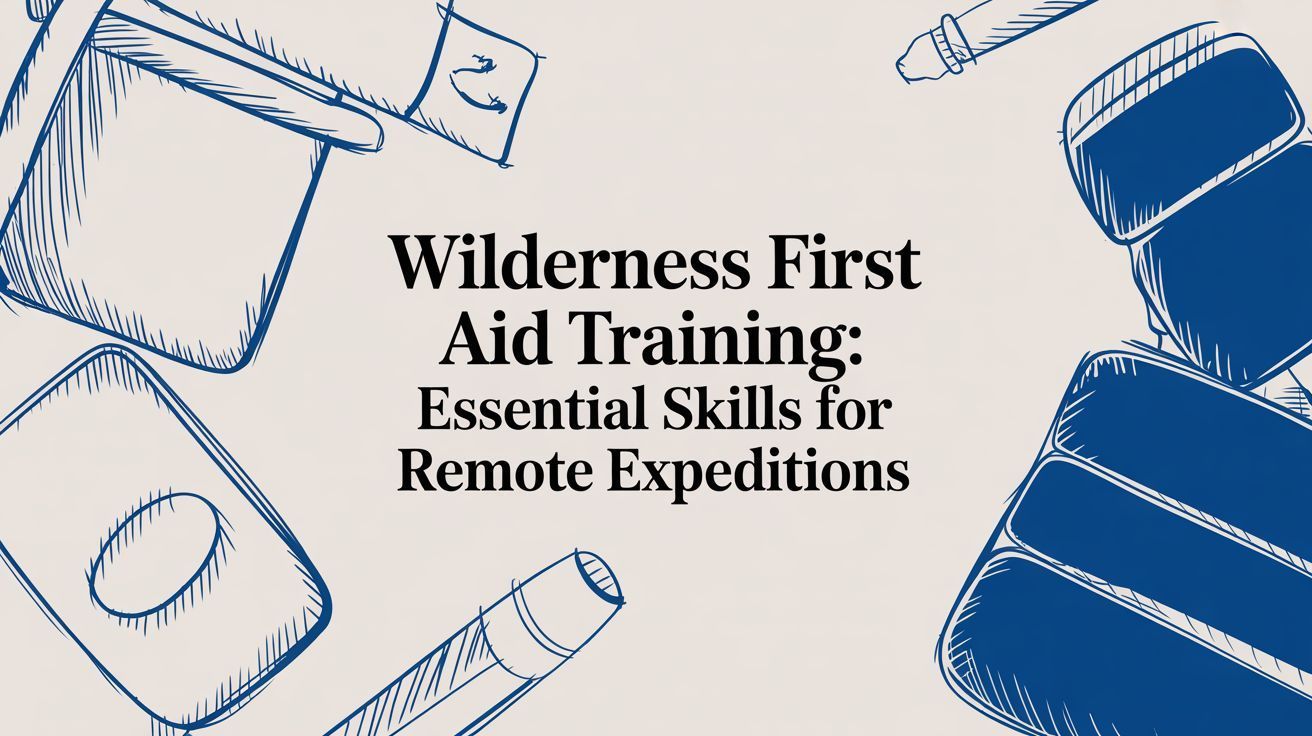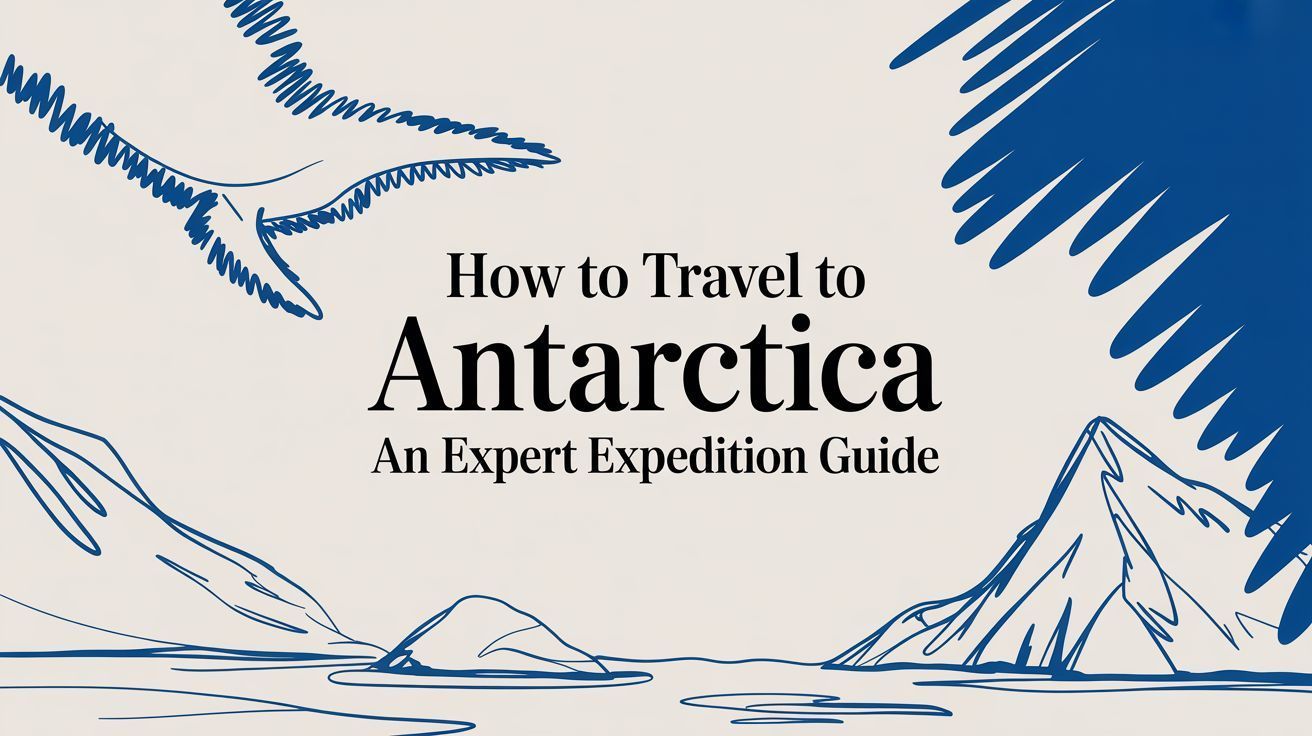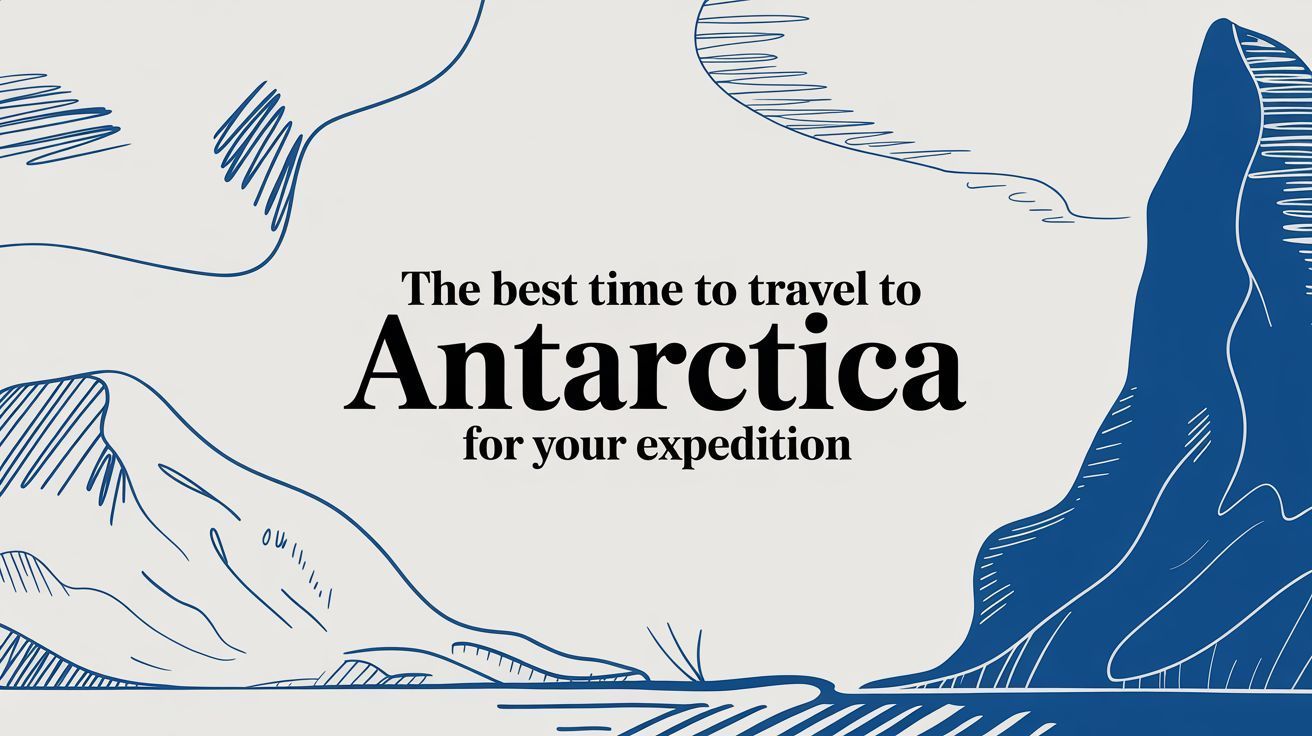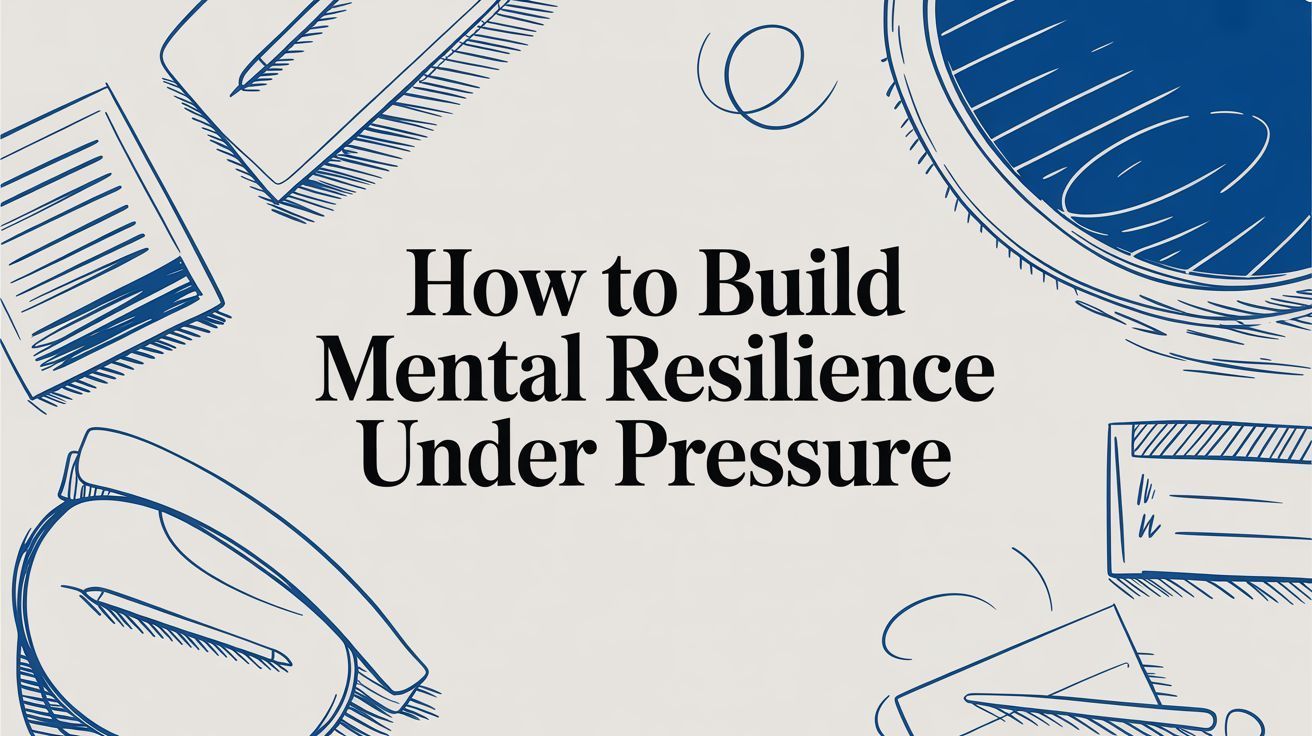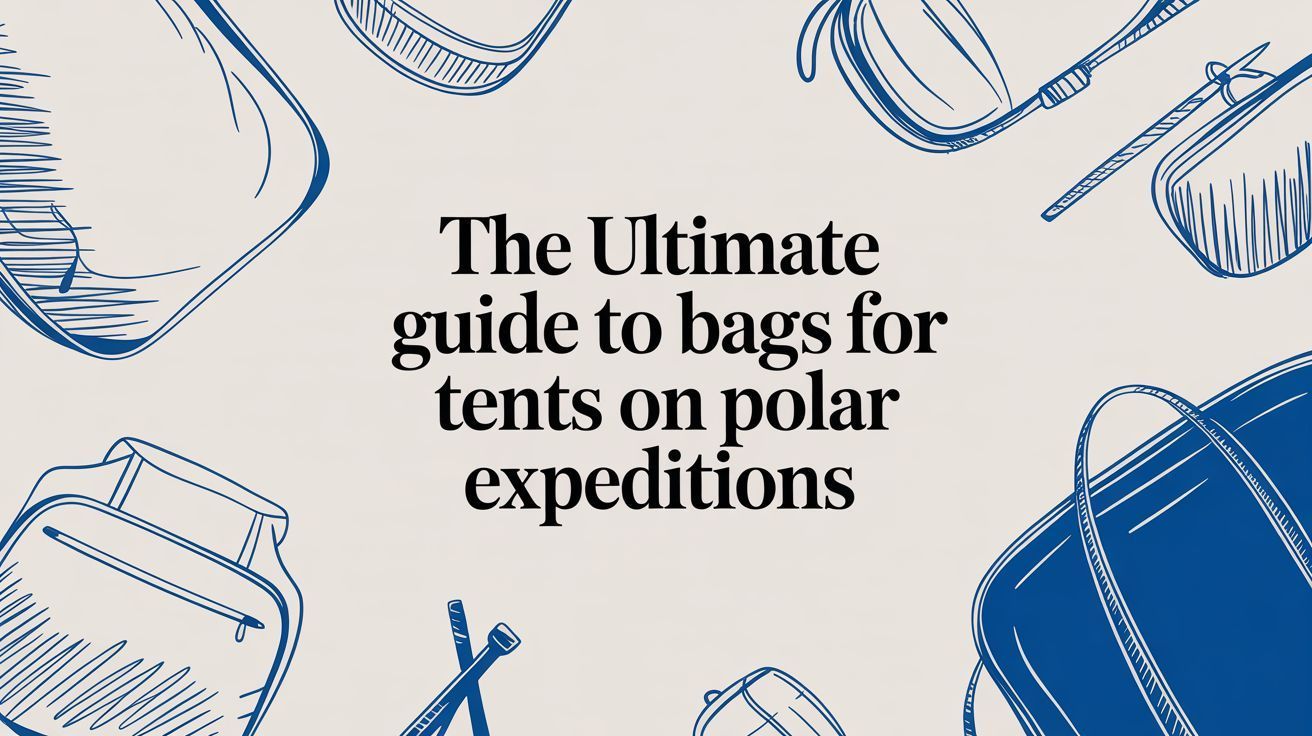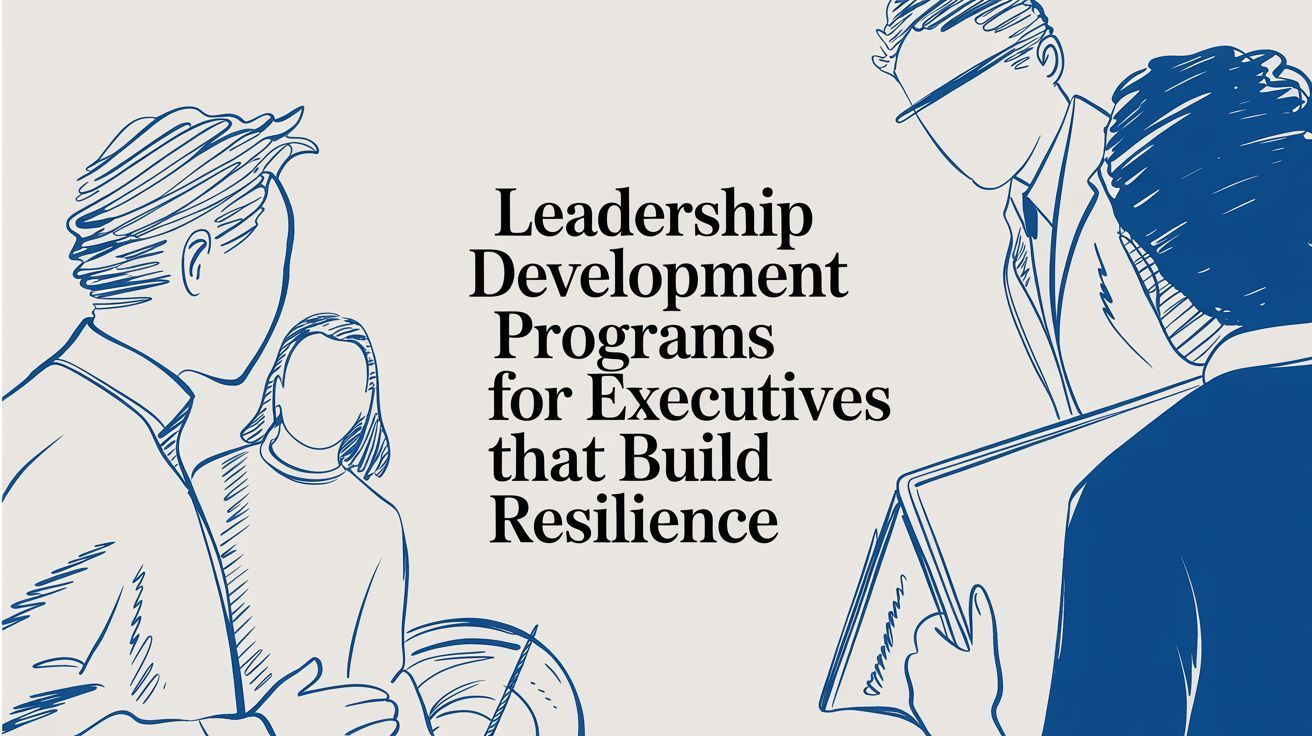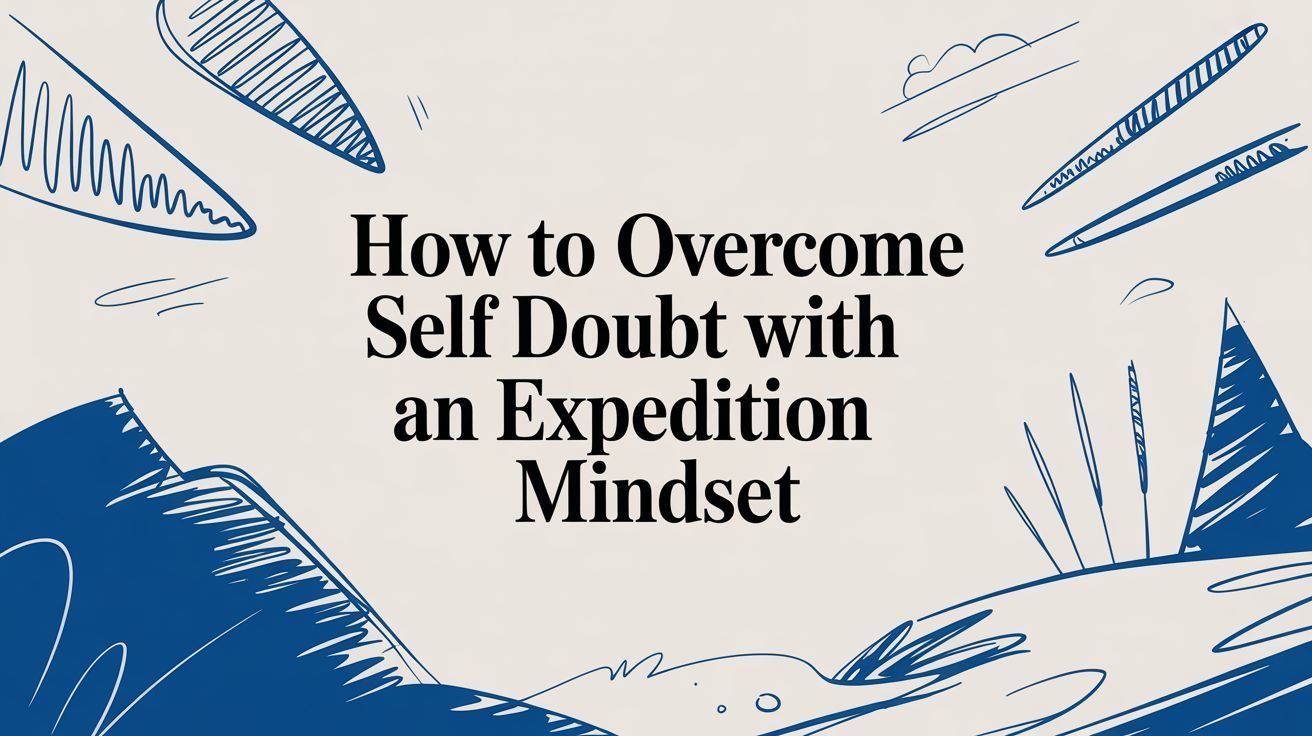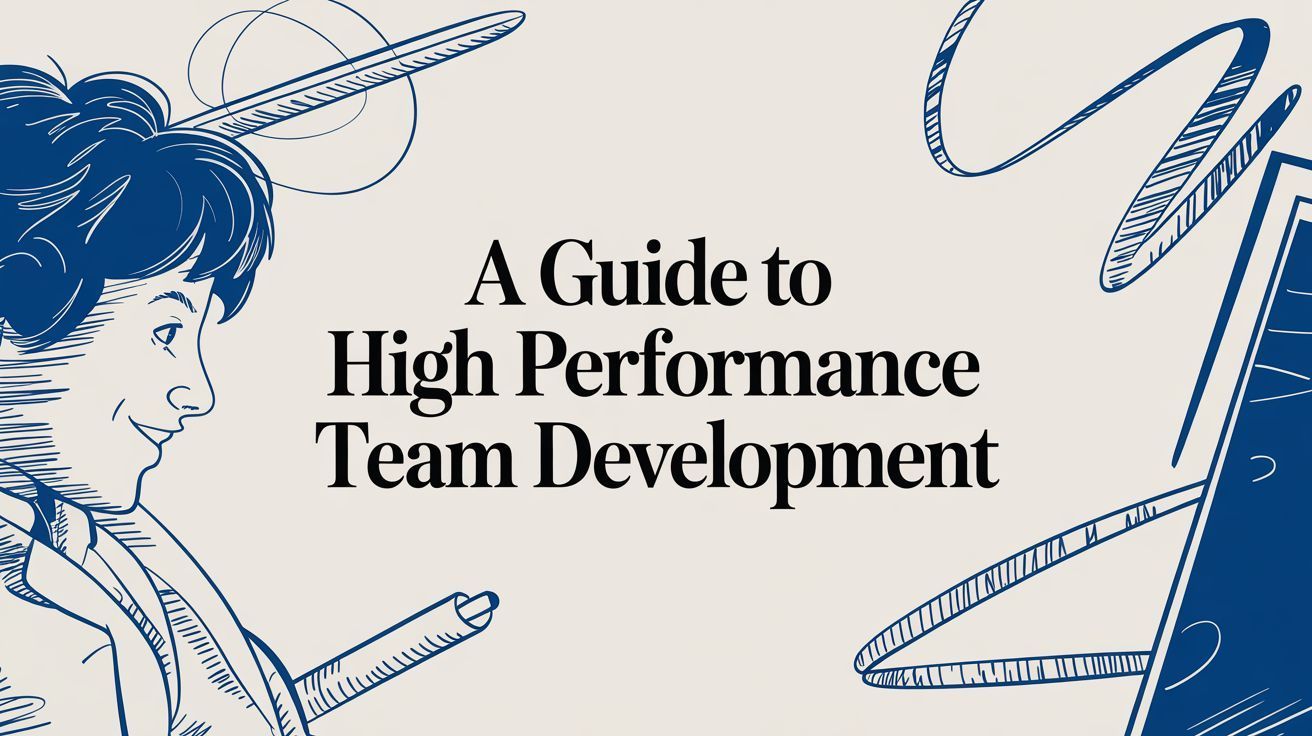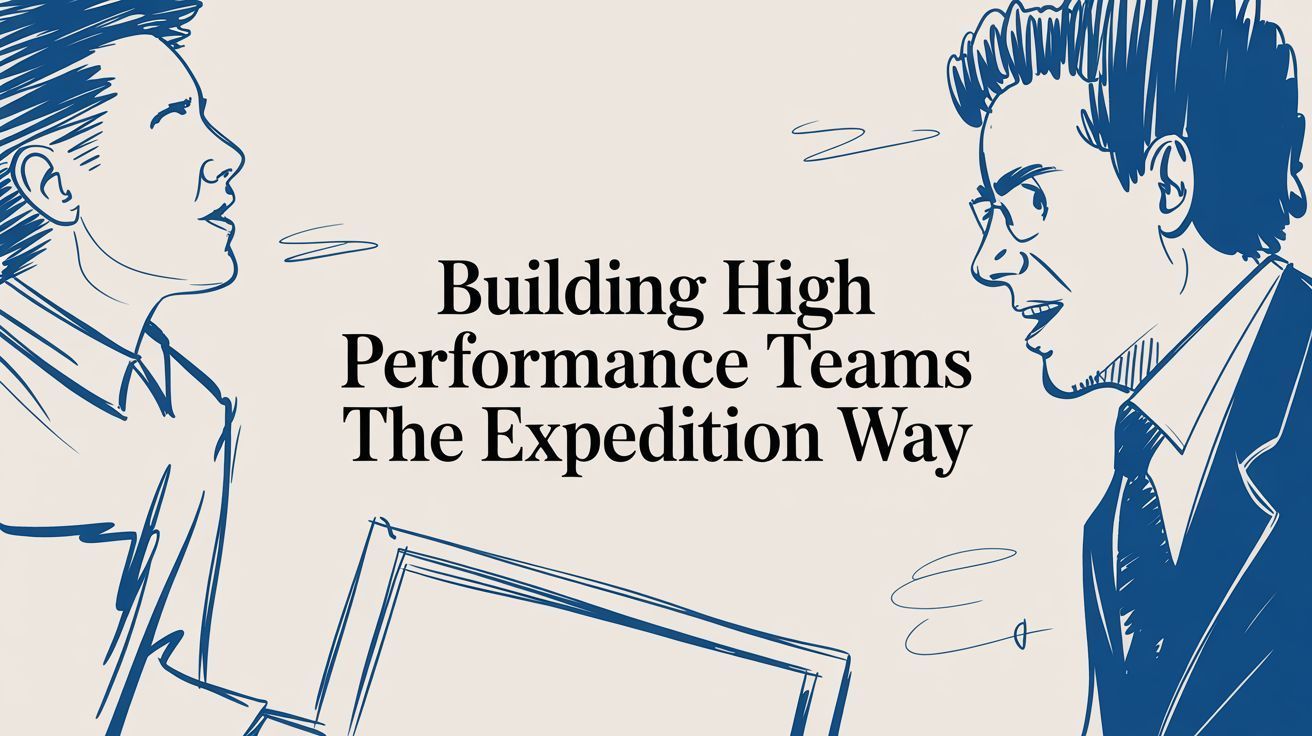Why Challenge is Key to Personal Development
Stepping beyond comfort zones in adventure travel ignites resilience and transformation.
Discomfort is often perceived as something to avoid yet it can be the catalyst for profound personal development. When we intentionally place ourselves in demanding situations, we learn to adapt overcome obstacles and uncover strengths we did not know we possessed. Adventure travel offers a structured way to experience discomfort and translate it into lasting growth.
The Role of Discomfort in Personal Development
Human beings naturally seek stability, yet growth occurs when stability gives way to challenge. Discomfort invites self-reflection and forces us to stretch beyond familiar limits. By confronting difficult terrain harsh weather or physical exertion we build:
- Mental resilience through overcoming setbacks
- Emotional fortitude by managing fear and uncertainty
- Self-belief gained from mastering tough tasks
Each time a challenge is met and surmounted the mind rewires itself to view adversity not as a threat but as an opportunity for growth.
Adventure Travel as a Catalyst for Development
Adventure travel is uniquely suited to kickstart this process. Experiences ranging from sailing across open seas to trekking through remote landscapes require participants to solve problems adapt on the go and collaborate under pressure. Key elements include:
• Novel environments that spark creativity and focus
• Physical demands that reveal untapped endurance
• Interaction with diverse cultures that broadens perspective
Such journeys serve as real world laboratories where theory meets practice. Trails become classrooms where every decision shapes resilience and every obstacle tests resolve.
Practical Strategies to Embrace Challenge
Not everyone can immediately tackle high latitude expeditions yet there are progressive steps to integrate challenge safely into travel and daily life:
1. Start small and build confidence
Begin with a single overnight hike or a guided kayaking trip. Small successes pave the way for more ambitious undertakings.
2. Set clear growth objectives
Define what you wish to develop such as navigation skills public speaking or leadership. Measurable targets help maintain focus and track progress.
3.
Seek expert guidance
Opt for experiences led by qualified instructors and reputable providers. Structured support ensures safety while you explore limits.
4.
Reflect on each experience
Keep a journal or share insights with fellow travellers. Reviewing challenges and lessons embeds new habits and mindsets.
5. Scale up gradually
Move from local adventures to ocean rowing or high altitude trekking as skills and confidence grow.
Applying Lessons Beyond the Expedition
Skills forged in challenging travel contexts translate seamlessly into business and everyday life. Individuals who embrace discomfort tend to demonstrate:
• Adaptability when projects encounter unexpected hurdles
• Persistence in long term goals despite setbacks
• Enhanced creativity in problem solving under pressure
• Stronger teamwork and communication in collaborative endeavours
By viewing obstacles through the lens of growth participants cultivate a mindset that welcomes change rather than fearing it.
Conclusion
Discomfort is not the enemy of progress but its greatest ally when channelled through challenge. Adventure travel provides a controlled yet demanding environment in which to test boundaries build resilience and foster personal development. Whether navigating ocean currents summiting remote peaks or immersing in new cultures embracing discomfort leads to transformation that endures long after the journey has ended.

